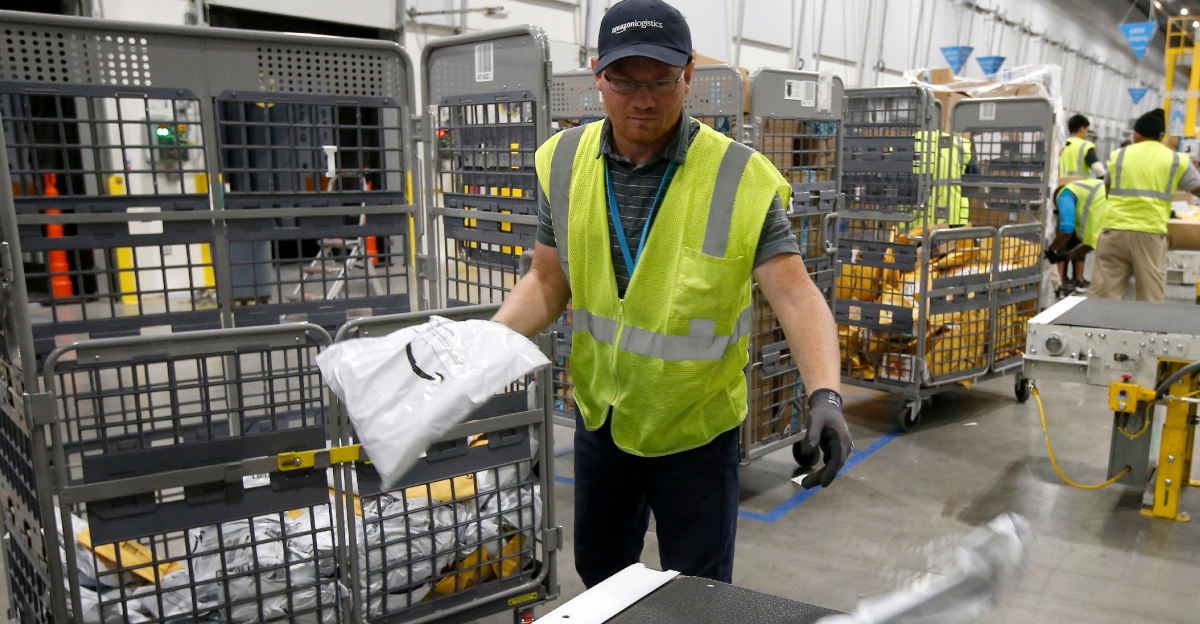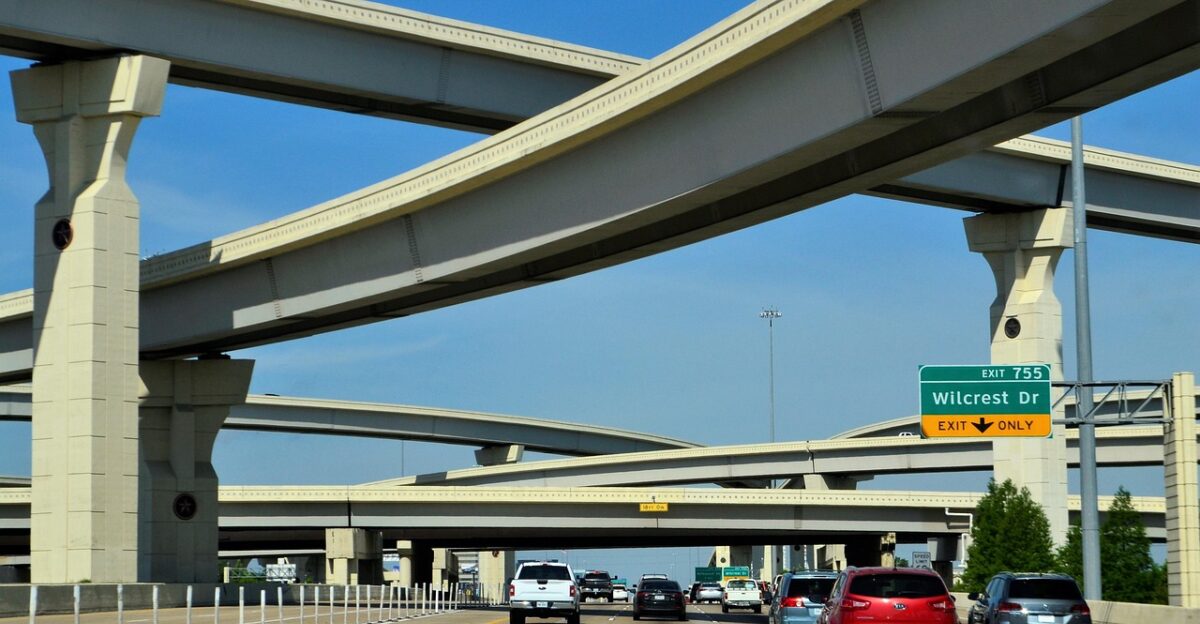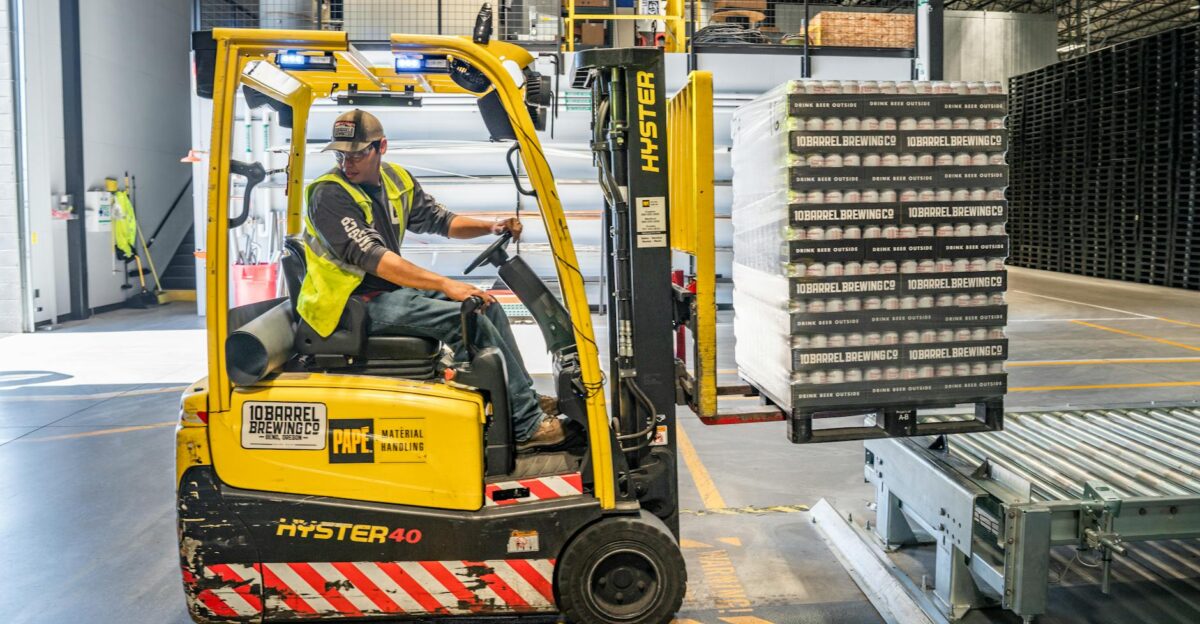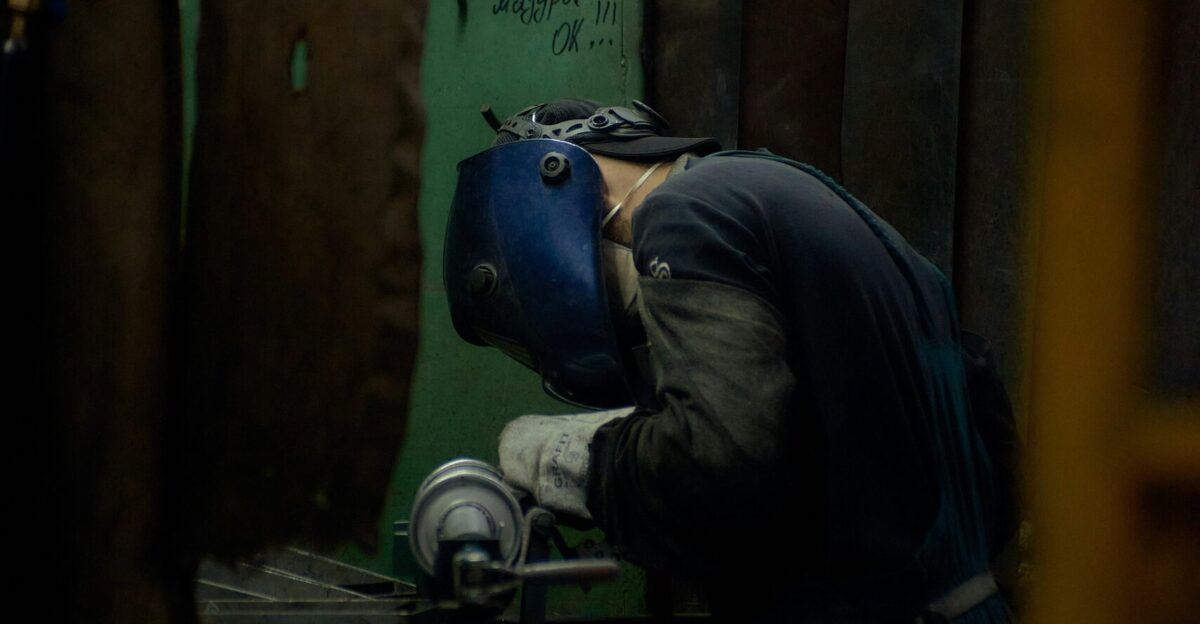
Four major Texas employers will reduce their workforce by 754 jobs by November 30, 2025, as reported in Worker Adjustment and Retraining Notification Act filings.
The layoffs will affect healthcare, manufacturing, and logistics workers across regions from the Rio Grande Valley to North Texas.
Record Context

Texas is facing its largest single-month layoff concentration since 2020, despite adding 17,600 jobs in August and keeping a 4.1% unemployment rate.
The November cuts indicate a notable shift from recent job growth, as the state has typically added around 20,000 jobs monthly throughout 2025.
Federal Funding Collapse

Sunny Glen Children’s Home will lay off 424 staff members on November 17 due to drastic cuts in federal contracts for migrant child facilities.
The Raymondville center, which has been operating since 1936, is struggling to survive amid reduced government funding from recent policy changes.
Manufacturing Exodus

Hill & Smith Inc. has announced the closure of its Garland manufacturing plant, which is set to take place by November 21. This decision will result in the elimination of 46 jobs as the Ohio-based company consolidates its operations at its facility in La Mirada, California.
The Garland plant has been involved in the production of road safety equipment, including guardrails and message boards for highways in Texas.
Amazon Fallout

Accelore Solutions, a contractor for Amazon’s delivery services, has announced that it will be laying off 214 employees at its Fort Worth and Mesquite locations, effective November 1.
This reduction in workforce comprises 206 drivers, along with four dispatch managers and three supervisors. The move comes as Amazon undertakes a nationwide restructuring of its delivery network.
Healthcare Hemorrhage

Dynasty Healthcare Group has announced plans to close the Cottonwood Creek Healthcare Community located in Richardson by December 1. This shutdown will result in the elimination of 70 jobs.
The facility, situated at 1111 W. Shore Drive, is part of a larger trend of consolidation within the Texas healthcare sector, where operators are withdrawing from unprofitable markets.
Executive Response

“We are incredibly grateful for the dedication and contributions of our Garland employees, and we are committed to supporting them through this transition with respect and care,” Hill & Smith CEO Vito Minneci stated.
“This decision reflects our ongoing commitment to operational excellence and long-term sustainability.”
National Manufacturing Crisis

Since August 2024, the U.S. manufacturing sector has seen a decrease of 78,000 jobs, with Texas mirroring this overall decline. Currently, manufacturing employment across the nation stands at 12.7 million, a significant reduction from 19.5 million in 1970.
This decline can be attributed to a growing emphasis on automation and the trend of companies moving production overseas, rather than maintaining domestic employment.
Trump Administration Impact

The Trump administration cut over $200 million in federal contracts for legal aid to 26,000 unaccompanied migrant children, impacting facilities like Sunny Glen.
At the same time, funding for detention centers increased by 265%, while humanitarian programs faced budget reductions.
DOGE Effect

By July 2025, federal government layoffs reached 292,294, making it the top sector for job cuts in the country.
The Department of Government Efficiency has led to job losses at nonprofits and contractors, particularly affecting Texas facilities reliant on federal funding.
Geographic Concentration

Raymondville’s 424 layoffs will devastate the small Rio Grande Valley community, representing the largest single-site job loss in the region this year.
North Texas absorbs 260 additional job cuts resulting from Amazon contractor closures and manufacturing plant shutdowns.
Skills Mismatch

Texas maintains 575,000 job openings despite layoffs, reflecting employer demands for skills different from those possessed by those displaced workers.
Manufacturing openings require advanced technical training, whereas laid-off service workers often lack the specialized credentials necessary for available positions.
Severance Promises

Hill & Smith commits to “severance packages, continuation of benefits, outplacement assistance, and consideration for roles at other company locations” for Garland workers.
However, the company’s California relocation offers limited opportunities for Texas employees unwilling to relocate.
Economic Vulnerability

Texas manufacturing employment declined by 1.2% in the second quarter of 2025, with Dallas Federal Reserve economists attributing the decline to tariff uncertainty and pressures from automation.
“The craziness over tariffs is very painful,” one manufacturing executive told Fed surveyors.
Border Policy Casualties

Immigration detention budget increases to $170 billion while humanitarian aid shrinks, forcing nonprofit closures across the Texas border regions.
Sunny Glen’s closure exemplifies how policy shifts transfer costs from federal agencies to local communities and displaced workers.
Timing Strategy

November layoff timing allows companies to minimize fourth-quarter labor costs while maximizing 2025 tax benefits.
The coordinated approach suggests systematic planning rather than emergency responses to immediate financial pressures.
Legal Constraints

WARN Act requirements mandate a 60-day advance notice but provide no job protection or enhanced severance guarantees.
Texas lacks state-level layoff legislation, leaving workers dependent on federal minimums and the goodwill of companies for support during transitions.
Automation Acceleration

Hill & Smith’s consolidation reflects the shift in manufacturing toward fewer, highly automated facilities serving larger geographic regions.
The strategy reduces labor costs but concentrates economic vulnerability in communities hosting the remaining operations.
Political Ramifications

Federal funding cuts affecting Texas nonprofits create pressure on Governor Greg Abbott to provide state resources for displaced services.
The November timing precedes potential policy debates over immigration enforcement versus humanitarian assistance spending.
Economic Reckoning

The November layoffs of 754 employees signal a fundamental shift in corporate responsibility toward local communities, as companies prioritize shareholder returns over regional economic stability.
This concentration of job losses tests Texas’s resilience while revealing how federal policy changes cascade through local economies with devastating precision.